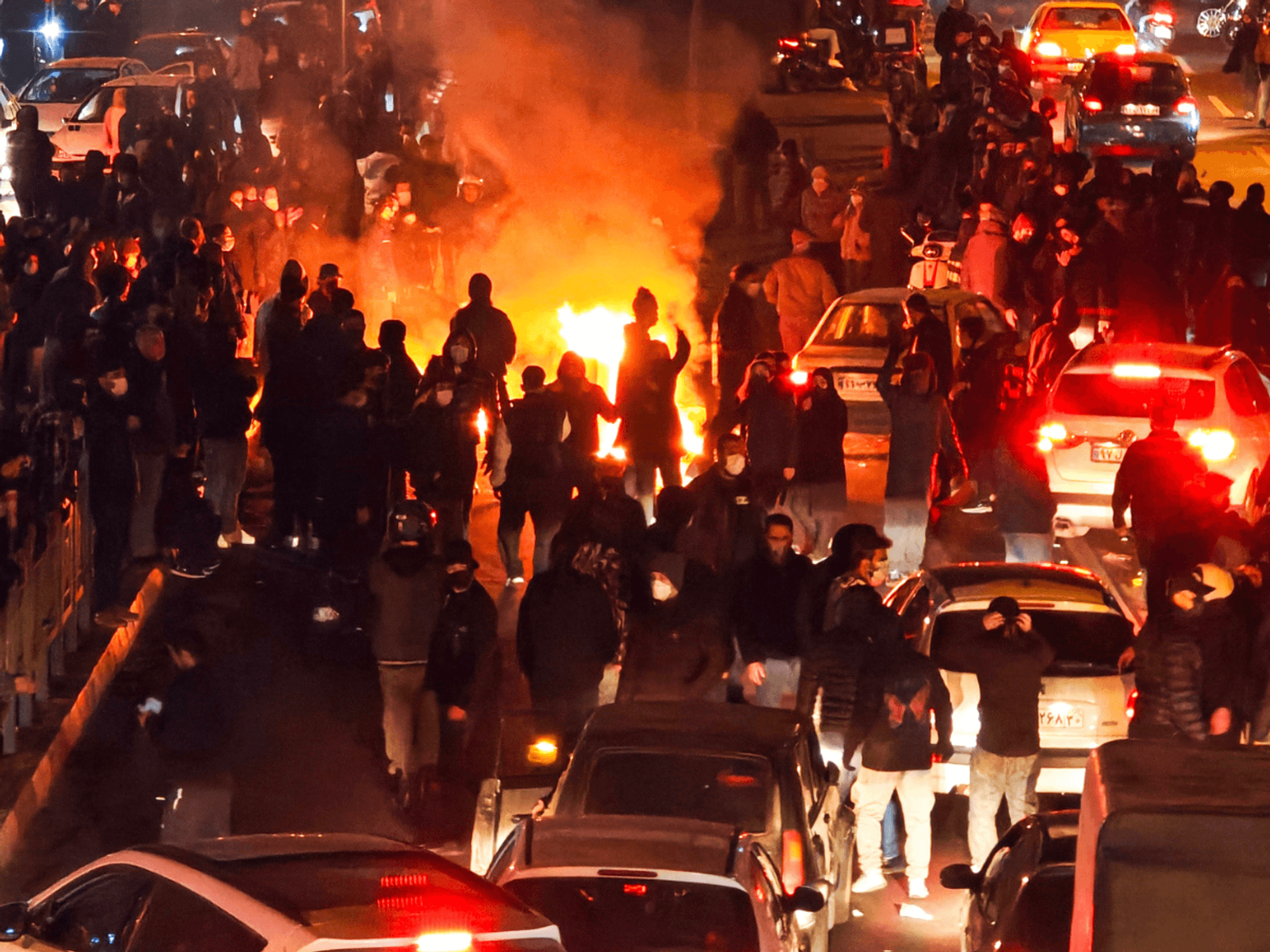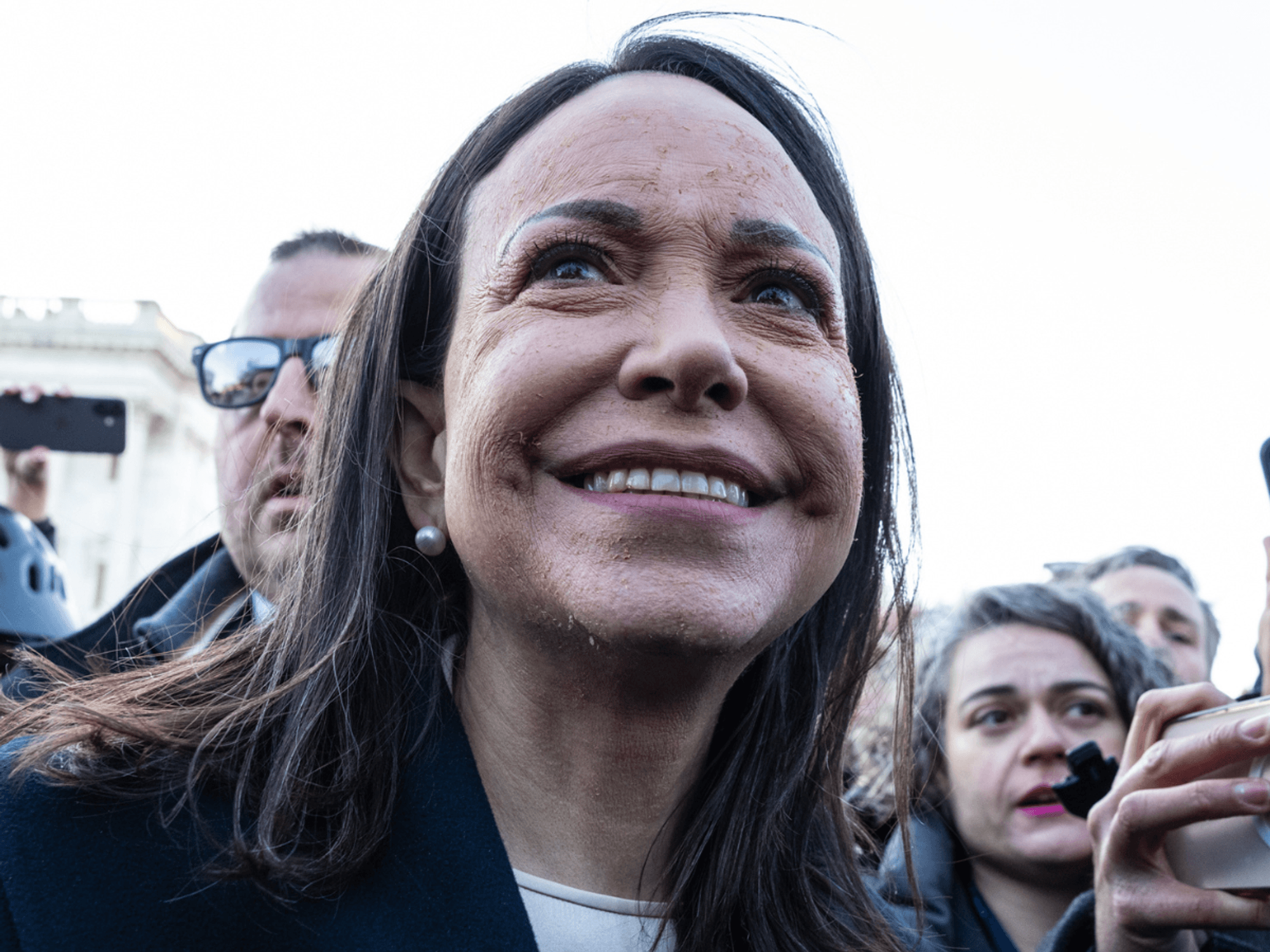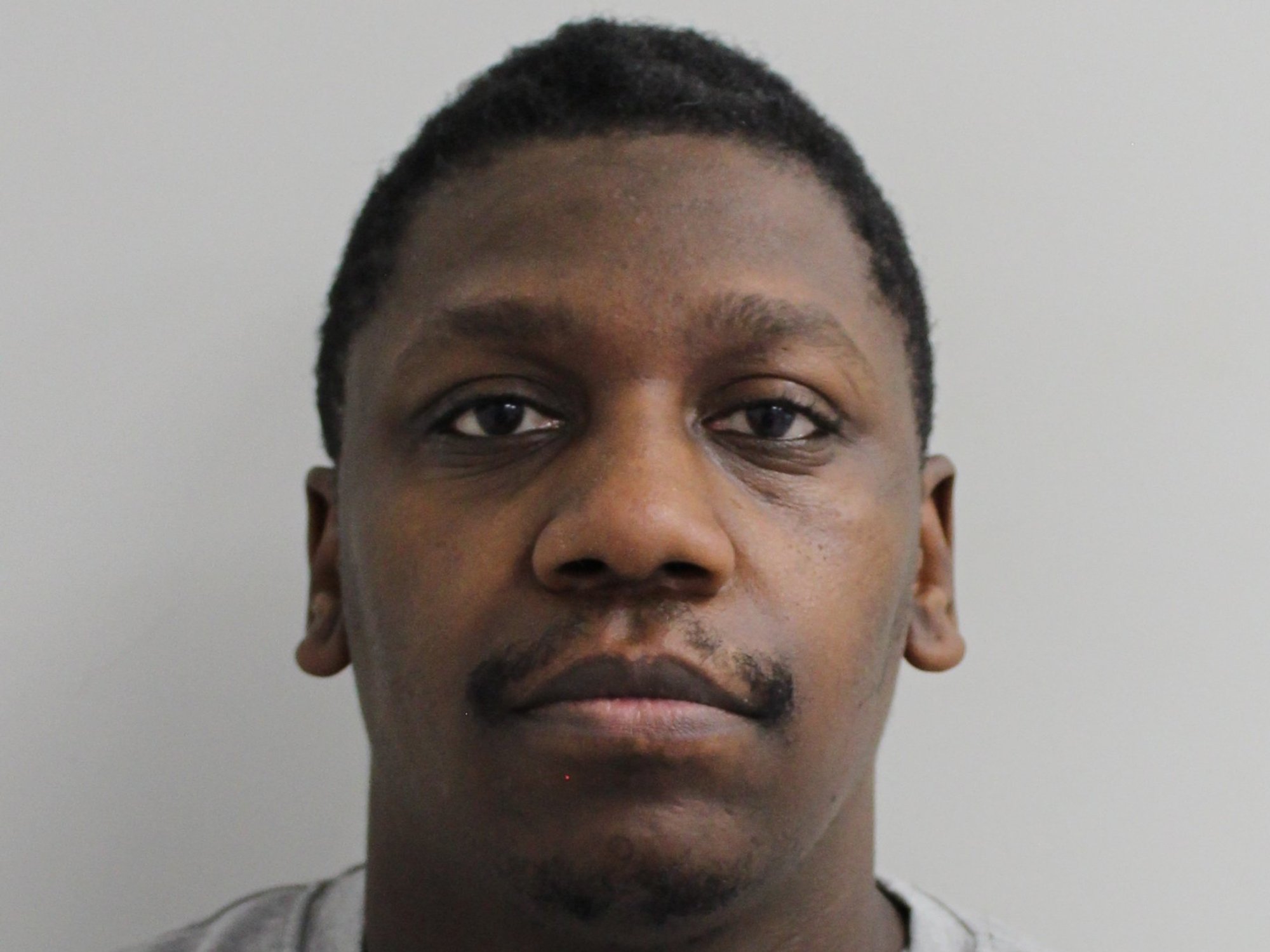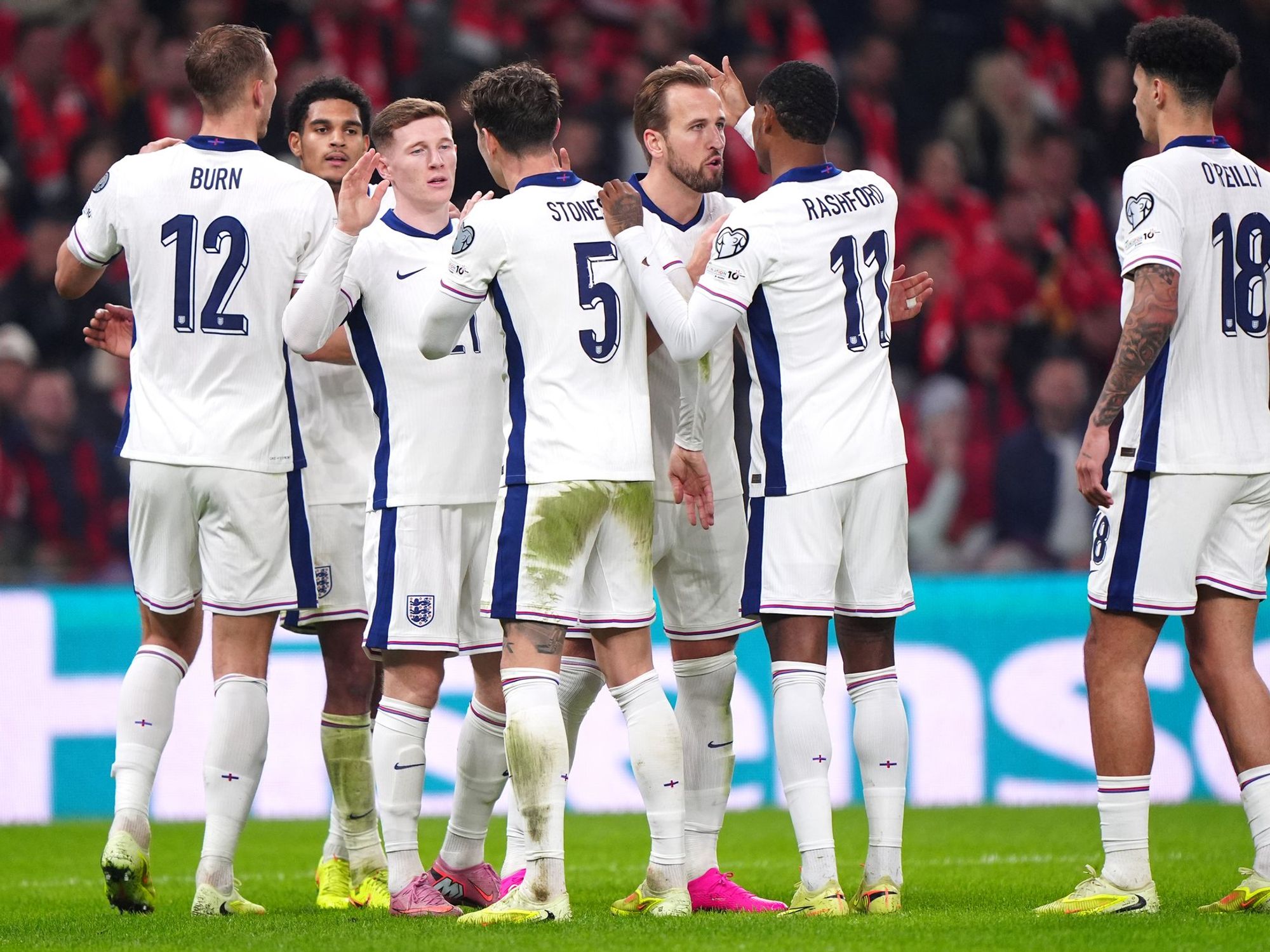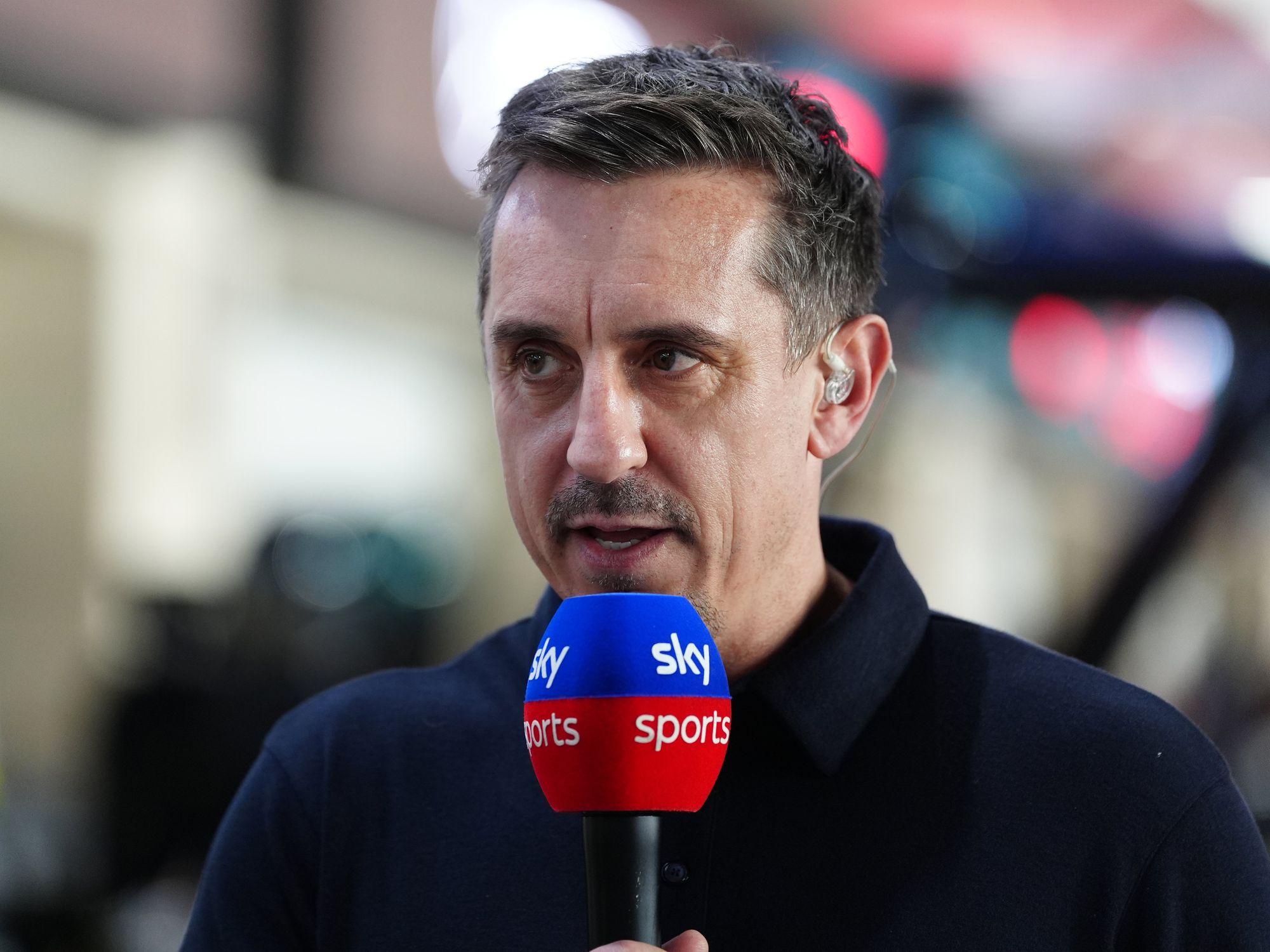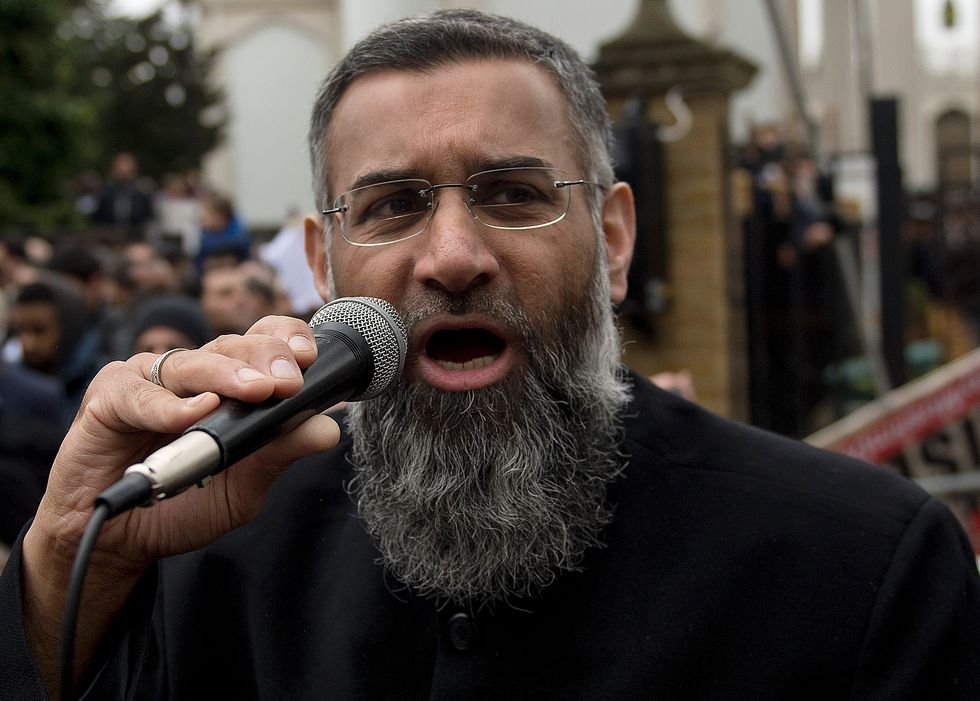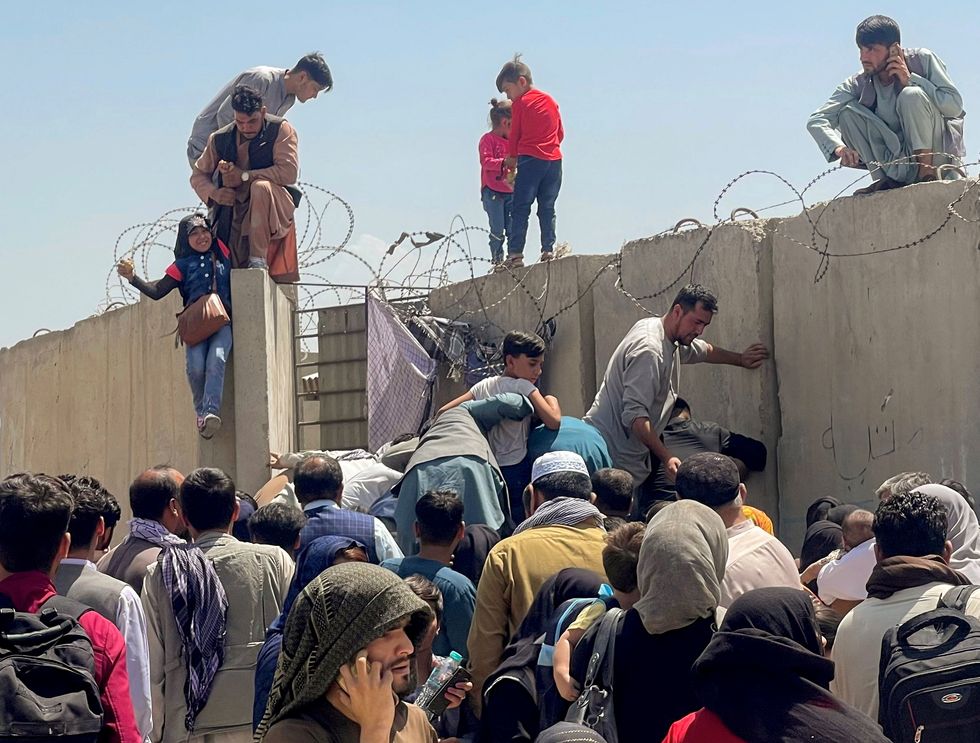Colin Brazier: Is there a disconnect between the British media and Muslims on how we view the Taliban?

By Colin Brazier
Published: 23/08/2021
- 20:17Updated: 23/08/2021
- 22:50'I think we should listen to fellow Britons who think differently, and establish how widely their views are shared'
Don't Miss
Most Read
Latest
I have a dawning feeling that the British media, and I include myself, in covering one important story, is in the process of missing another. And it starts with this question. Are British Muslims indifferent to the return of the Taliban in Afghanistan. Some are ecstatic.
Headbangers like Anjem Choudary, a radical Islamist I interviewed several times, before he was jailed for five years for supporting ISIS. He’s urging the Taliban to implement the harshest type of Sharia law. Chopping off the hands of thieves, the stoning of adulterers, the flogging of anyone caught drinking, the banning of music.
It would be easier to dismiss these ravings, if elements of them were not already official policy in some theocratic states. And it would be easier too if the Taliban takeover wasn’t welcomed widely in parts of the Muslim world.
In Pakistan, the Islamic nation to which the biggest group of British Muslims can trace their ancestry, the Prime Minister six days ago said: “The Afghans have broken the shackles of slavery."
The prime minister of Pakistan is Imran Khan, a man with whom I once spent a happy hour in Islamabad, discussing his former captaincy of the national cricket team. It’s easy to characterise Anjem Choudary as a fruit-loop, not so easy to dismiss a man elected to rule Pakistan – a democracy of 216 million souls.
Radical cleric Anjem Choudary speaking outside London Central Mosque and Islamic Cultural Centre in London.
Hannah McKay
I suspect, strongly suspect, there’s a gap between what many British Muslims feel privately and what they feel they can state publicly. Speaking honestly comes with consequences. In Birmingham a mosque manager apologized after sharing a social media post that appeared to support the Taliban. He was issued with a police warning.
Similarly, Shamima Begum’s lawyer is facing an investigation by a legal watchdog after tweeting a picture of Thin Lizzy, alongside one of the Taliban. I thought of that juxtaposition on Friday as I walked through London, listening to the Boys are Back in Town, the lyric of that Thin Lizzy song, being blasted from a convertible driven by a young man who seemed to be making a point.
How many UK Muslims agree with Moazzem Begg – the former British resident of Guantanamo Bay who said this weekend that British troops in Afghanistan would be remembered by history as the ‘bad guys’?
How many would share the view of one of Britain’s leading Islamic scholars, who said on BBC radio yesterday, that every single Muslim she knew was celebrating the Taliban’s return. I can’t find any opinion polling on this, which is a surprise.
Maybe the pollsters are all on holiday. It is August. Or maybe, like much mainstream media, they are a little bit incurious about how Britain’s three million Muslims divide on such a sensitive topic. Perhaps they’re nervous of what they might find.
Because surveys of the opinions of British Muslims have a habit of raising awkward questions. Take a particularly notorious piece of polling in 2015 done by ICM. Face to face, at home interviews with 1,000 Muslims across the UK.
A man pulls a girl to get inside Hamid Karzai International Airport in Kabul, Afghanistan August 16, 2021. REUTERS/Stringer NO RESALES. NO ARCHIVES TPX IMAGES OF THE DAY
STRINGER
More than half of those polled wanted homosexuality to be illegal in Britain and 39 per cent felt wives should always obey their husbands. These findings were way out of kilter with mainstream British opinion. I fear a reality gap here. Between what many socially-conservative Muslims think, and what society tolerates them saying publicly. A yawning chasm between what parts of Muslim Britain believe is good for Afghanistan - and the depiction of the Taliban as wholly bad by people like me.
I think the Taliban were deplorable the first time around and aren’t likely to have changed. But I think we should listen to fellow Britons who think differently, and establish how widely their views are shared.
The mosque manager I mentioned in Birmingham, who apologized for his post, was questioned by the police for hate speech. That drives difficult conversations underground. When what we should be doing is winning the argument against people who think that the Taliban are heroes.






